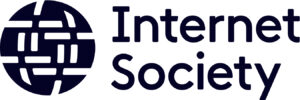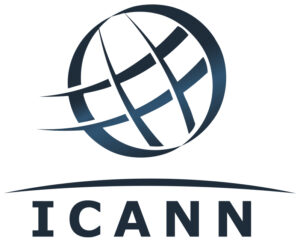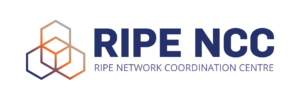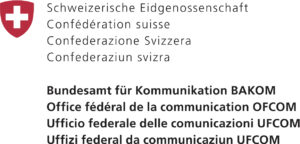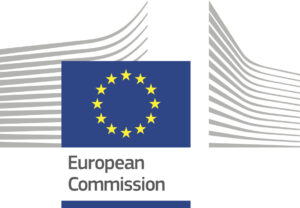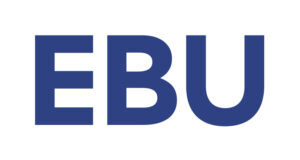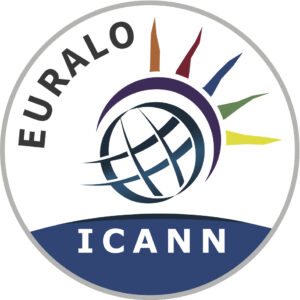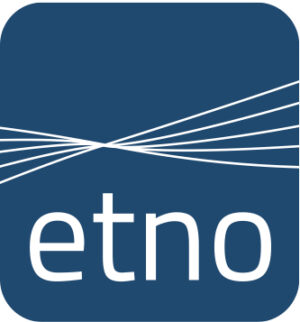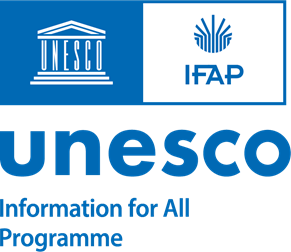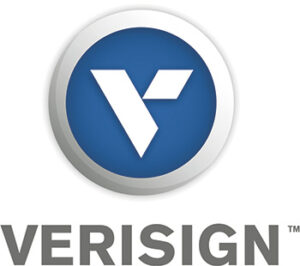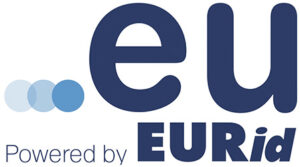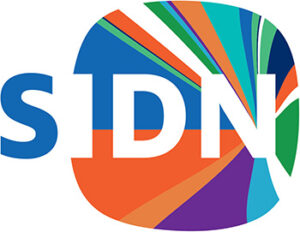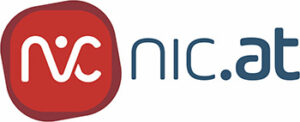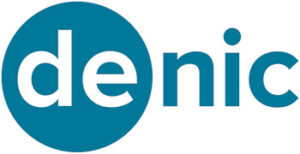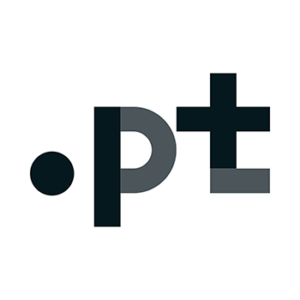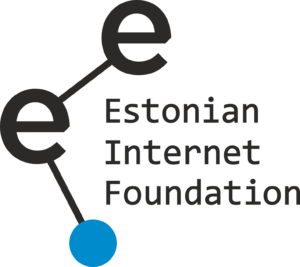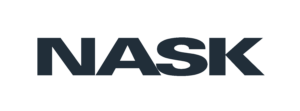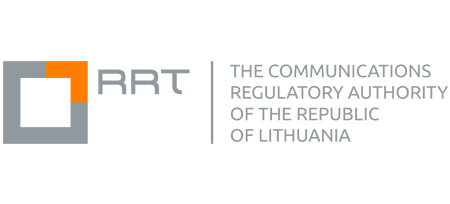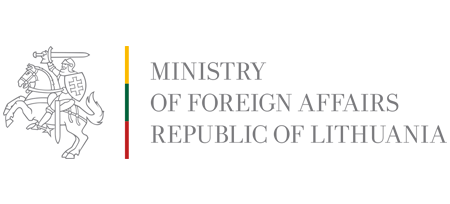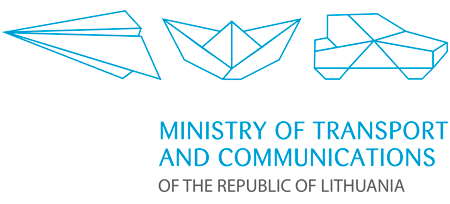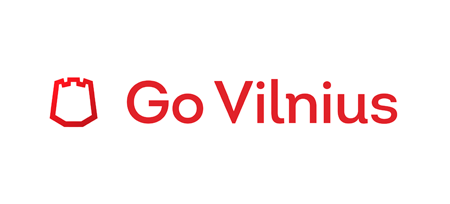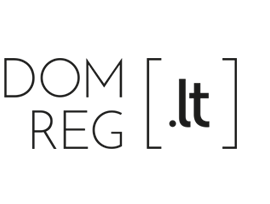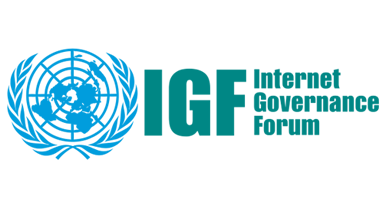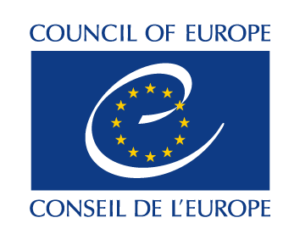
Lise Fuhr is the Director General of ETNO, the European Telecommunications Network Operators’ Association, which has been an Institutional Partner of EuroDIG for many years. She was elected to the newly established IGF Leadership Panel and we asked her how this panel is progressing.
Dear Lise, the scope of this panel and its relationship to the IGF has been the subject of intense discussion among stakeholders. Now that the panel has held its first meetings, we would like to hear from you about how the first months have gone and what the plans are. One argument for the formation of the Leadership Panel was to reduce the widening gap in the Internet governance ecosystem between the level of discussion at the IGF and the level of decision-making at intergovernmental negotiating platforms in the UN system such as the OEWG, AHC, Human Rights Council, WTO, UNESCO and others. What plans are there to reduce this gap and enhance the communication between the two levels?
Lise Fuhr: The Leadership Panel is composed in a way which already reduces this gap: we have high level representatives of the private sector, technical community and civil society, sitting together with representatives of the United Nations (the Tech Envoy) and governmental representatives at the ministerial level. The interaction between these members in the panel allows us to understand the various perspectives. However it’s also one of our key objectives: raising awareness of the panel, the IGF, and the key policy issues. Part of this requires proactive engagement with policymakers through the professional networks of Panel members, and participating in other conferences and processes – for example national IGFs, RightsCon and ICANN.
Recently, the IGF Secretariat published the “Addis Ababa IGF Messages”. The messages are a concrete and tangible outcome of the recent IGF in Ethiopia with many useful recommendations for all stakeholders. What does the leadership plan to do with these messages?
Lise Fuhr: It’s one of the main tasks of the Leadership Panel to reach out as much as possible to communicate and discuss the IGF messages with national governments, the global business community, and other decision makers, who are in a position to include the IGF messages into policy objectives. Equally important is that the panel makes sure that the IGF messages are kept alive, discussed and ideally used as a baseline for the national and international debates.
One of the main topics during the IGF in Addis Ababa was the proposal by UN Secretary General Antonio Guterres to use the upcoming “UN Future Summit” to adopt a “Global Digital Compact” (GDC). In various meetings in Addis, concrete proposals were made for the development of such a document. What role will the Leadership Panel play in this global process?
Lise Fuhr: The Leadership Panel has structured its work into a number of key areas, including outreach, IGF processes, funding and – crucially – reflecting on how the multistakeholder community can contribute to the discussion on the future of internet governance. One important project in this respect is the Global Digital Compact, which should be adopted at the Summit for the Future in September 2024. The Leadership Panel hopes to make a contribution to this process, and take the opportunity to defend the multistakeholder model and reinforce the voice of the IGF in this process.
The next IGF will take place in Kyoto / Japan in October 2023. Is there something like an “LP Roadmap to Kyoto”? And what would be your recommendations for the broader IGF community on how to prepare for the 18th IGF?
Lise Fuhr: It is too early to have recommendations from the Leadership Panel. My personal recommendation to the IGF community is to participate in the debate around internet governance at any given occasion, including the Global Digital Compact consultation. While the process leading up the Global Digital Compact will not be fully reflecting the multistakeholder format, the currently open consultation is an important one, and I hope as many different stakeholders as possible contribute. Last but not least, participating in your local or regional IGF is an important and effective way to add your voice to the debate.
There will be a joint meeting between the Leadership Panel and the IGF Multistakeholder Advisory Group in Vienna in March 2023. Can you tell us what is on the agenda and what do you want to achieve?
Lise Fuhr: It’s essential that these two groups coordinate and cooperate on the work to be done at the IGF. The LP and MAG have complementary functions, and joint meetings provide the opportunity to align and ensure there are no overlaps, or no gaps, in their work. The Leadership Panel is not meant to oversee the MAG, and we should make sure this is understood also by those critical to Leadership Panel. I believe it is up to us in the panel to make sure that we are not interfering but supporting and adding value to the work of the MAG. With this in mind, I believe the Vienna meeting will allow us to streamline the preparatory activities towards the Kyoto IGF and towards the wider debate around internet governance.
Thank you very much for this interview.
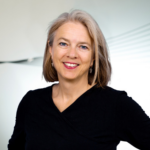
Lise Fuhr
Director General, European Telecommunications Network Operators’ Association (ETNO)
